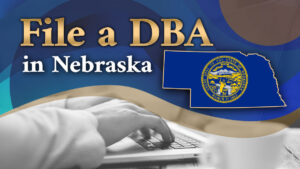I’m not intentionally picking on Johnson and Johnson. But their current ethical challenges couldn’t be a better case study for the financial impact of not living one’s values.
As reported this morning, Johnson & Johnson, the world’s largest health products company, said fourth-quarter profit fell 12 percent, hurt by product recalls and declining sales. The company forecast 2011 earnings below analysts’ projections.
J&J forecast 2011 earnings excluding some items of $4.80 to $4.90 a share. J&J’s McNeil Consumer Healthcare division has recalled dozens of over-the-counter drugs, including Tylenol and Rolaids, since late 2009. The company was forced to shut down a factory temporarily in Fort Washington, Pennsylvania, in April that may cost J&J $650 million annually in lost sales, Derrick Sung, a Sanford C. Bernstein analyst, wrote in a Jan. 21 note to clients.
“Consumers are reluctant to switch back and are continuing to switch to other brands,” Larry Biegelsen, an analyst at Wells Fargo Securities, wrote in a Jan. 14 note to investors. “If this trend continues, we believe that growing consumer loyalty to new brands or comfort with private labels could slow McNeil recovery relative to expectation.”
Consumers have lost confidence in the brand. Just putting the products back on the shelves is not going to be enough. What questions is the Board of Directors asking of management and are those questions getting to the heart of the matter?
—————————————————————————————–
David Gebler is the President of Skout Group, an advisory firm helping global companies use their values to clear the roadblocks to performance. Send your thoughts and feedback to [email protected]
 Sections of this topic
Sections of this topic
















